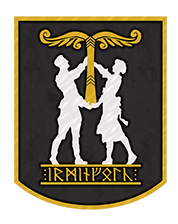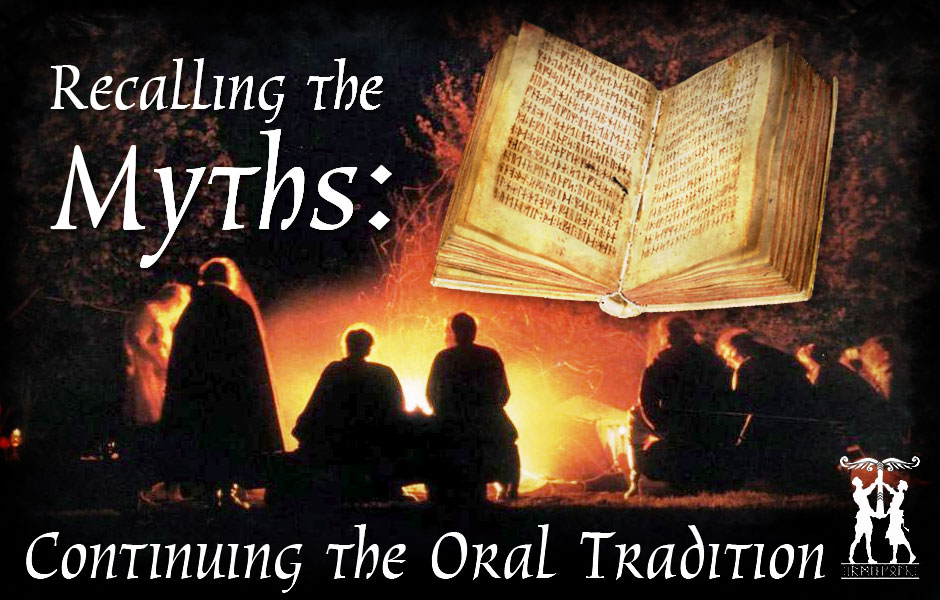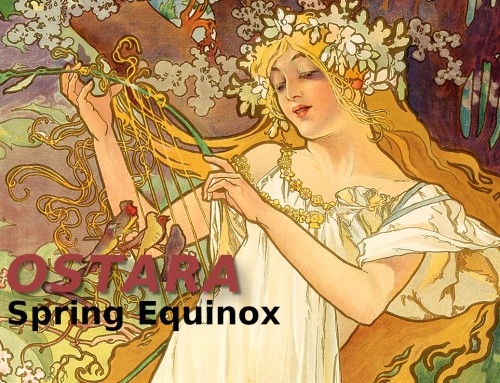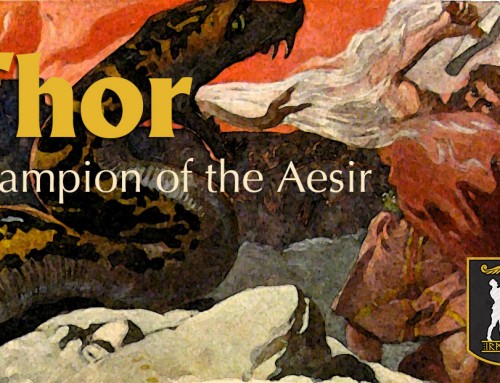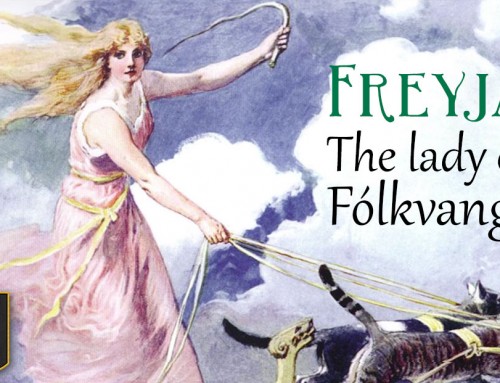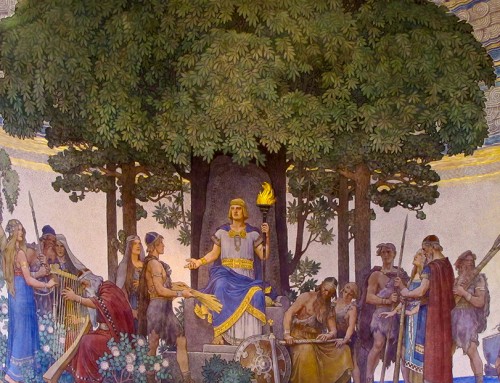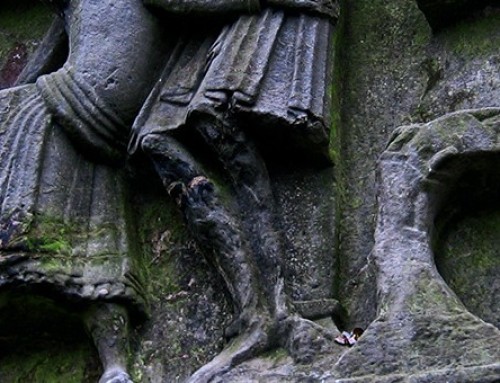By Cody Mower
If you have ever read Hollander’s translation of the Poetic Edda you may find yourself
like many scratching your head at the archaic language that litter the pages. Like most earlier
translation’s the language seems difficult to grasp in its stanza and there is a reason for that. The
Poetic Edda is a collection of lore from various authors who penned the tales from earlier and
now lost manuscripts, the tales were written as they had been remembered in oral telling’s which
came with its own poetic diction. The use of mnemonic devices such as heiti* and kennings**
were used so that these stories could be easily remembered when reciting the lore or singing the
tales for friends and family. As the tales were moved to paper in Old Norse and then translated
into Old English and then very much later in to Modern English translators tried to keep to these
poetic embellishments alive, giving the scholarly and over the top feel that we see today.
These mnemonic restraints can seem over whelming, but we must remember that these
tales are meant to be told, not read! In today’s modern times there is less opportunity to sit
around and tell stories to one another and therefore over time people have become uncomfortable
with public speaking and so we have lost touch with this very important piece of cultural history.
The trend is now that we read the tales either from the Edda or perhaps retellings in prose form,
contemplate the stories and store it away for later in our own minds and when we travel out to
bigger events there is just a silent understanding that we have all read the lore. This is a great
disservice to us and its high time we start reclaiming the oral tradition. Make room for it around
burning fires or perhaps on the benches as we sit before sumble and recall the deeds of the Gods
we are there to honor.
The process of reclaiming the oral tradition starts with you! We all have a tale we
remember best, whether it is how Odin gave up his eye for wisdom, Frey giving away his sword
for the love of a giantess or perhaps it is the binding of Fenris wolf who will come back during
the twilight of the Gods. Choose a tale and remember it, practice speaking it to yourself, your
children or members of your Kindred. The same devices the Old Norse used to remember these
tales may be lost to us, but it gives us a chance to recall them in our own ways for our own time.
If you feel the call to remember the tale poetically then so be it! Make it rhyme or tell it in prose
because part of the tradition is making the re-telling of the lore in your own way, we don’t need
to be bound by the same linguistical restraints of that our ancestors had because the landscape of
language has changed since they were first spoken.
We all take great reverence in honoring our ancestors and the blood that flows through
our veins and because of the conversion of native peoples of Europe to Christianity a lot of our
traditions and stories have been lost or white washed over with values and ideas that are foreign
to us. It has taken many years for scholars and archeologists to put together what we have today
and even then, we are still left to guess at what we are missing. While this lays beyond our
control there are things we can do to quicken the hearts of those who hear the call to the Gods
down deep in our soul and the telling of the lore to our fellow folk is one of those things. We
must preserve this time honored tradition and speak proudly of Gods and sharing the stories just
as our ancestors did in the storied past and we will.

